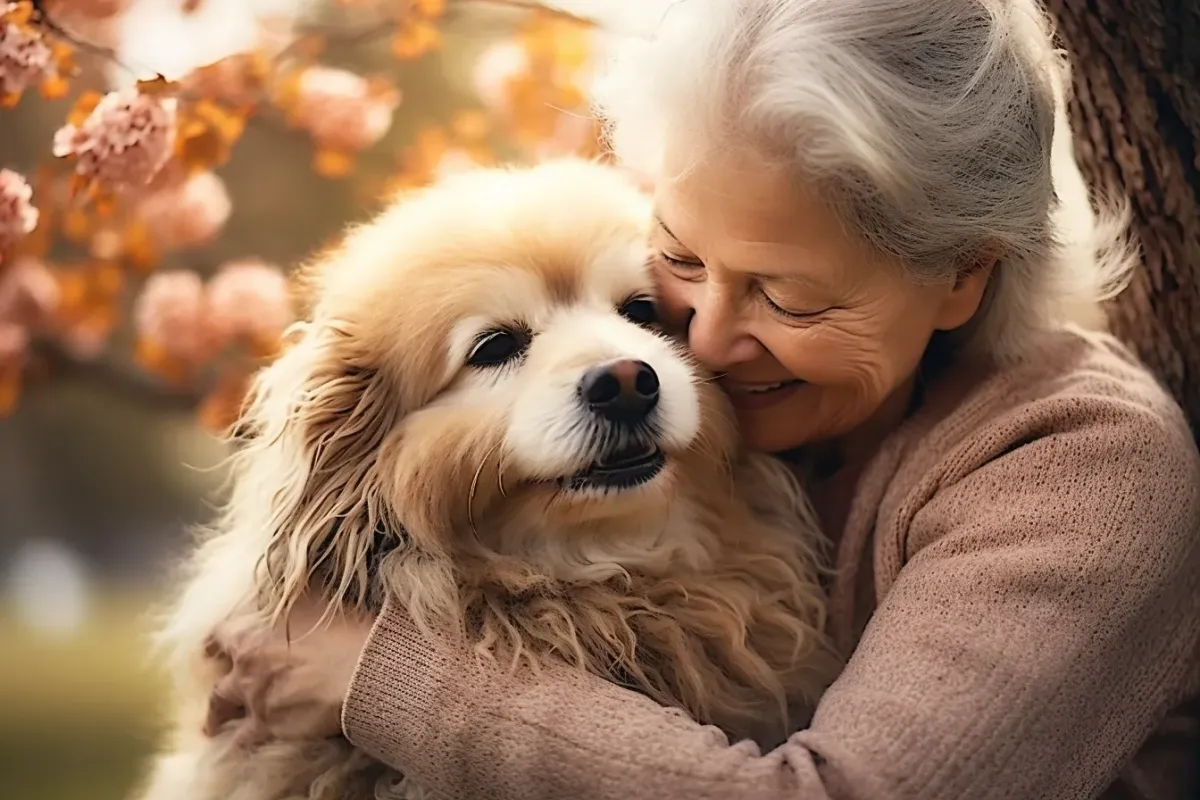
Your Hospice Team
At Unified Care Hospice, we strongly believe the patient and family are an integral member of our team. Our staff will support and guide you. The patient and family will be involved in every decision that we make as a team. Our hospice services are built around a family-centered approach to care.


Care as unique as each resident

Philosophy & values
Unified Care Hospice
There is no more effective way to maximize quality of life than with personalized care. By treating the individual, not the condition, the teams at Uniffied Care are able to create care plans that help each person achieve the best life possible.

Dennis Silva | Founder
Dennis Silva brings over 20 years of healthcare experience to his role as a Founding member of Unified Care Hospice. With expertise in Nursing, Sales, and Administration, Dennis is a compassionate leader who strives to create a family atmosphere at the hospice. His goal is to ensure a holistic journey for every individual who seeks care.
Dennis is dedicated to providing comprehensive support and comfort to patients and their loved ones. His understanding of the importance of holistic care drives him to create enriching and fulfilling experiences for those under the hospice's care.
Dennis's community engagement is exemplified by his previous position as the Vice President of the Filipino American Chamber of Commerce of Greater Nevada.
Dennis Silva's extensive healthcare experience, compassionate nature, and leadership abilities make him an invaluable asset to Unified Care Hospice. He works tirelessly to ensure a holistic journey for patients and their families while fostering a familial atmosphere.
Dennis embodies the mission of Unified Care Hospice, creating a welcoming environment where everyone feels embraced and supported.

Timothy Beckett | Founder
Dr. Timothy Beckett has been practicing as a board certified anesthesiologist in the Las Vegas area since 2003. A native Texan, Dr. Beckett received his Bachelor’s Degree in Biology from the University of Texas at Austin in 1995, and his Medical Degree from the University of Texas Health Sciences Center at San Antonio in 1999.
Dr. Beckett then attended the University of Michigan for his anesthesiology residency, and served as Chief Resident during his final year there. In 2008 he and his partner formed Valley Anesthesiology Consultants, a thriving anesthesiology group that they were able to grow to include over 40 physicians and CRNAs. In recent years, he and his partner entered into a strategic partnership with National Partners in Healthcare, a private equity backed anesthesia practice management company, and he is now a physician partner with the company.
Dr. Beckett currently serves as Medical Director of the Pain Matters Wellness Center where his major focus is to assist in curbing addiction by employing non-opioid modalities to treat pain. He is a past Chairman of the Department of Anesthesiology for Southern Hills Hospital. He is a Clinical Faculty Supervisor and Adjunct Professor for Touro University College of Osteopathic Medicine.
Dr. Beckett is a staunch proponent of the use of cannabis in the treatment of many medical illnesses, including chronic pain, and believes cannabis has a very relevant place in end of life care for certain individuals. He is licensed to practice medicine in Nevada, Arizona, and California, and his hope is to spread his concept of “Holistic Passing” to these states as Unified Care Hospice grows.
See Our Blogs

Embracing the Healing Power of Pets
Understanding the Bond Between Pets and Humans
The bond between humans and animals is timeless and profound. In the realm of hospice care, this bond takes on a special significance. This article delves into the world of animal companionship in hospice care, exploring how our furry friends offer more than just comfort; they provide a unique form of therapy that can transform the end-of-life experience.

The Therapeutic Benefits of Animal Companionship in Hospice Care
Emotional Support and Unconditional Love: Animals provide a level of emotional support that is pure and unconditional. In hospice care, where patients may feel isolated, a pet's presence can bring immense comfort and a sense of companionship.
Physical Health Benefits: Interaction with pets has been shown to lower blood pressure, reduce stress hormones, and release endorphins. These physical benefits are particularly valuable in a hospice setting, where alleviating stress is crucial.
Enhancing Quality of Life: Pets bring a sense of normalcy and joy. Their playful and affectionate nature can significantly enhance the quality of life for patients in hospice care.
The Role of Pets in Addressing Mental and Emotional Needs
Combating Loneliness: Hospice patients often struggle with feelings of loneliness and isolation. Pets, with their constant presence and affection, help alleviate these feelings.
Providing Comfort in Grief and Transition: The end-of-life journey can be emotionally challenging. Pets often sense when someone is upset and can provide comfort during these times.
Improving Mental Health: The simple act of petting or interacting with an animal can have significant mental health benefits, reducing anxiety and depression.
Different Types of Animals in Hospice Care
Dogs: Known for their loyalty and loving nature, dogs are common companions in hospice care. They have a natural ability to provide comfort and emotional support.
Cats: With their calming purrs and affectionate demeanor, cats can be ideal hospice companions, especially for patients who prefer a quieter, more independent pet.
Other Animals: Birds, rabbits, and even therapy horses can also play a role in hospice care, offering a diverse range of interactions to suit different patient needs.
Training and Certification for Therapy Animals
Understanding Therapy Animal Training: Not all pets are suitable for hospice care. Therapy animals undergo specialized training to handle the unique challenges of a hospice environment.
Certification Process: Animals and their handlers typically need to be certified by recognized organizations. This ensures they are prepared to provide safe and effective support.
The Importance of Proper Training: Properly trained therapy animals are essential for ensuring positive interactions and maintaining a safe environment for both the patient and the animal.
Challenges and Considerations in Integrating Animals into Hospice Care
Allergies and Phobias: It's important to consider potential allergies or phobias among hospice patients or staff when introducing animals.
Maintaining a Hygienic Environment: Ensuring cleanliness and hygiene is crucial, especially in a hospice setting.
Emotional Impact on Pets: The well-being of the animals themselves must also be considered, as they can become attached to patients.
Case Studies: Success Stories of Animal Companionship in Hospice
Individual Stories: Sharing real-life stories of patients who have benefited from animal companionship can highlight the profound impact of this practice.
Research Findings: Examining studies and research on animal therapy in hospice care provides evidence of its benefits.
How to Integrate Animal Companionship into Hospice Care
Collaborating with Therapy Animal Organizations: Partnering with local organizations can facilitate the integration of trained therapy animals into hospice care.
Creating Animal-Friendly Spaces: Adapting hospice environments to be welcoming and safe for both animals and patients is key.
Training Staff and Volunteers: Educating hospice staff and volunteers about handling and integrating animals into care routines ensures a smooth and beneficial integration.
Conclusion: The Transformative Power of Animal Companionship in Hospice Care
In conclusion, the integration of animal companionship into hospice care offers a unique and powerful way to enhance the end-of-life experience. The presence of a loving pet can provide immense emotional support, physical health benefits, and an overall improvement in quality of life for patients. By understanding the challenges and implementing the right strategies, hospice care facilities can unlock the healing power of pets, bringing comfort, joy, and

Interested In Care For Yourself Or A Loved One? Give Us A Call Today To Learn More.
© 2022 Unified Care Hospice - All Rights Reserved
info@ucarehospice.com
702-982-8266
